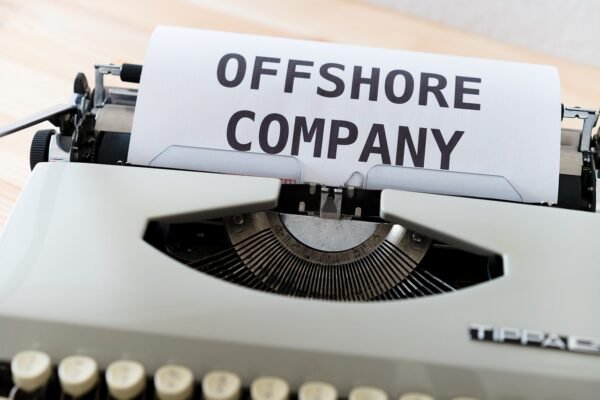
What Types of Bonuses Should You Offer Employees and Executives?
In today’s competitive labor market, salary alone is rarely enough to attract and retain top talent. Especially in Europe, where employee protections and expectations are higher, companies that offer thoughtful, customized bonus and incentive packages have a strategic edge—not just in hiring, but also in long-term productivity and loyalty. Let’s explore the most effective bonus…











